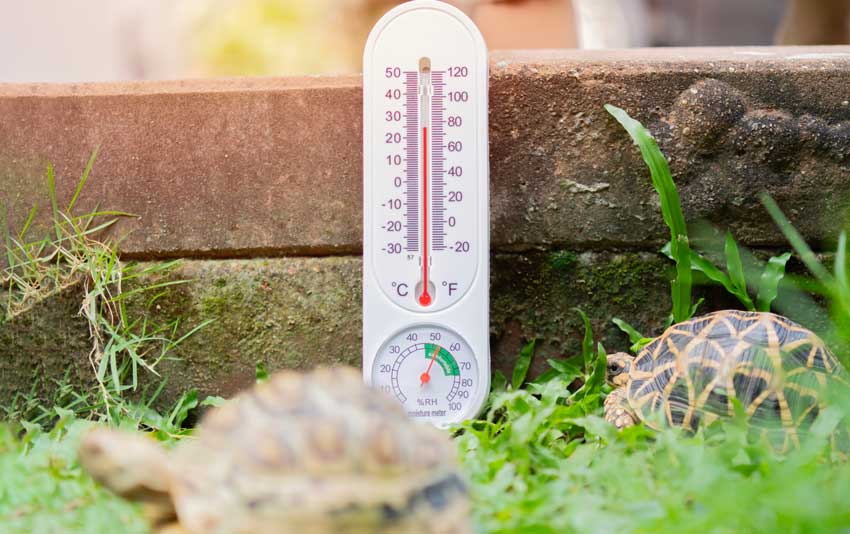
Fluctuating temperatures can indeed have a significant impact on septic systems, influencing their functionality and efficiency. A septic system relies on a delicate balance of biological processes to treat wastewater, and extreme temperature fluctuations can disrupt this balance, leading to various issues.
In colder climates, freezing temperatures can pose a substantial threat to septic systems. When the ground around a septic tank freezes, the flow of wastewater through the pipes may be blocked. This freezing can lead to sewage backup or a complete failure of the system. Pipes and components made of certain materials, like plastic, are especially vulnerable to cracking under freezing conditions. Additionally, when the septic tank itself freezes, the bacteria responsible for breaking down waste become inactive, preventing proper waste treatment and potentially causing odors and backups.
On the other hand, extremely high temperatures, especially during the summer months, can also cause problems for septic systems. Hot weather can cause the soil around the system to dry out, reducing its ability to effectively filter and absorb wastewater. Dry soil may prevent the proper dispersion of effluent, which can lead to pooling or flooding around the drain field. This not only hinders the treatment of wastewater but may also cause the surrounding area to become unsanitary.
Fluctuations between hot and cold temperatures can compound these issues. When the temperature swings rapidly between hot and cold, septic systems experience additional stress as the ground shifts and expands. This can lead to cracks or leaks in the system’s pipes and tank, which can allow untreated wastewater to escape into the surrounding soil, potentially contaminating the groundwater or surrounding environment.
In addition to temperature extremes, heavy rainfall, which often accompanies fluctuating temperatures, can overwhelm a septic system. Excessive rain can saturate the soil around the septic system, preventing the effluent from being properly filtered. When the ground becomes saturated, the septic system may not be able to effectively process waste, leading to backups and inefficiencies.
To prevent these issues, regular maintenance and monitoring of the septic system are essential. Installing proper insulation around the septic tank and pipes in colder climates can help prevent freezing. Additionally, ensuring the system is regularly inspected and pumped can help it function more efficiently despite fluctuating temperatures.

